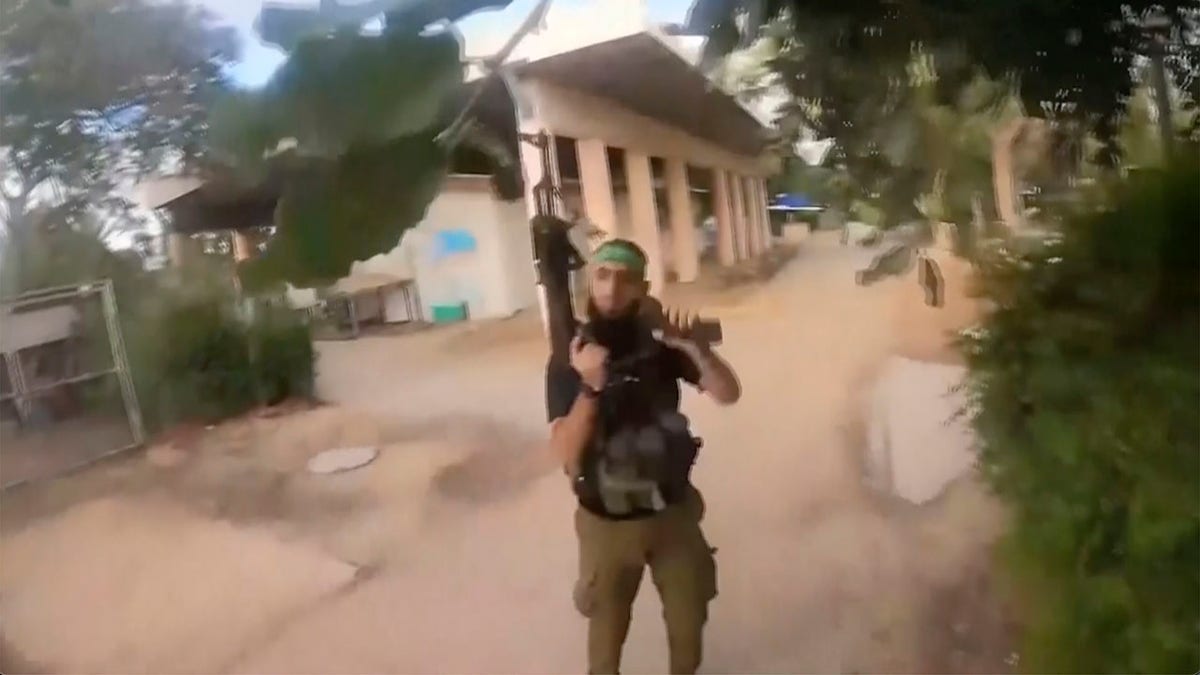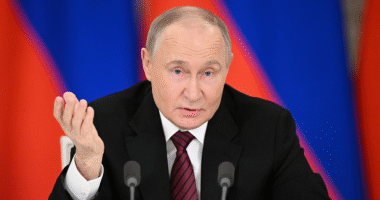A significant cease-fire and hostage release agreement has been reached between the Israeli government and Hamas, following a crucial development in the conflict after a terrorist incident on October 7, 2023. The deal, which has received approval from both the Israeli security cabinet and the cabinet, is set to come into effect this Sunday, with the initial release of three hostages anticipated. This milestone agreement comes after an extensive period of negotiations facilitated by the United States, Qatar, and Egypt.
Israeli Prime Minister Benjamin Netanyahu has commended U.S. President Biden and President-elect Trump for their constructive roles in advancing the talks. Netanyahu expressed his gratitude to Biden for his unwavering dedication and praised Trump’s strong stance that Gaza must not serve as a “safe haven for terrorism.”
Trump, in a podcast interview, claimed his involvement accelerated the process, saying, “We changed the course of it, and we changed it fast.”
As part of the arrangement, Hamas will be releasing a total of 33 hostages in the first phase, which will include a diverse group comprising of women, children, elderly men, and individuals with urgent medical requirements. Notable among these captives are Rumi Gonen, a 24-year-old taken during the Nova music festival, and Shiri Bibas along with her two sons, Ariel and baby Kfir. Families have been informed about the initial wave of releases, while specifics regarding subsequent phases will be communicated 24 hours before their implementation.
The deal also facilitates humanitarian relief, allowing 600 trucks of supplies into Gaza daily. By the 22nd day, displaced Gazans will be allowed to return to northern areas, with security inspections limited to vehicles under Qatari-Egyptian supervision. The Israeli military will reduce its presence in certain areas while retaining control of key routes.
The release schedule begins with three hostages on the first day, followed by four on the seventh day. Over the next five weeks, groups of three hostages will be released weekly until the 35th day. Between the 35th and 42nd days, 12 more hostages will be freed, including long-held captives including Avera Mengistu, who has been held captive in Gaza for a decade, and Hisham al-Sayed, a mentally ill individual who crossed into Gaza on his own and has been held there since before Oct. 7.

This image from undated bodycam video footage taken by a downed Hamas terrorist and released by the Israel Defense Forces shows a Hamas terrorist walking around a residential neighborhood at an undisclosed location in southern Israel. Israel’s military brought together a group of foreign correspondents Oct. 16, 2023, to screen a 40-minute reel of gruesome footage compiled from the Hamas attack Oct. 7, 2023. (Israel Defense Forces via AP)
Negotiations for the second phase will begin on the 16th day of the first stage, focusing on the release of young men and soldiers and the return of bodies. This phase will start on the 43rd day, lasting 42 days, with discussions addressing the remaining captives.
“When phase two begins, there will be an exchange for the remaining living hostages, including male soldiers, and all remaining Israeli forces will be withdrawn from Gaza, making the temporary cease-fire permanent,” President Biden stated during a press conference Wednesday. He also noted that phase three would involve returning the remains of hostages killed in captivity and initiating a comprehensive reconstruction plan for Gaza.
Netanyahu, on the other hand, speaking during a cabinet meeting, emphasized that in his discussions with both President Biden and President-elect Trump, one point was made explicitly clear: If negotiations for the second phase of the agreement fail, Israel will resume military operations.
In the meeting of the government, Netanyahu repeated that message, adding, “President Trump made a decision that upon his assumption of office we will receive back all the weapons that were frozen. This is important because if we do not reach stage B we will have additional tools to return to fight. He [President Trump] gives full backing to return to war in case of violation of the agreement.”

IDF forces operating in Rafah, a city in the Gaza Strip. (IDF Spokesman’s Office)
For families of the hostages, the agreement represents both hope and heartbreak. Ronen and Orna Neutra, whose American-Israeli son Omer was killed by Hamas and whose body remains in Gaza, called the deal bittersweet.
“It’s a tough moment. On the one hand, we’re happy and excited for the families that will hopefully get to see their loved ones after such a long time,” Orna Neutra told Fox News.
“We’re really hopeful that this new administration will be able to bring the deal to fruition and will have all the gravitas to put on the different parties in the region to follow through on it. We trust President Trump that, you know, this is important to him and that he will make sure that this happens.”

















